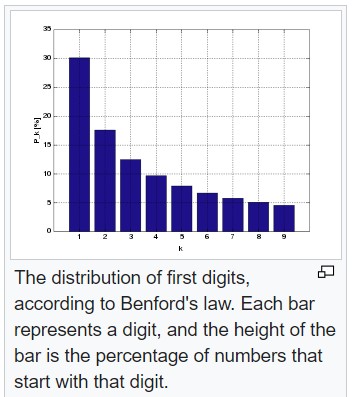It has been a month or two since mariner visited his alter-egos; their personal perspectives often reveal entirely different realities. So he’ll stop at each ego’s residence to see how they are doing.
Chicken Little is just down the hall because mariner is renting an apartment in his hen house until after the 2024 election. It is a good place to hide because broadcast news on TV is blocked to avoid undue stress. [mariner cheats by going onto the internet]
Mariner asked Chicken Little to give him a general perspective on the United States today.
“You know,” Chicken Little said, “Each day is not fun anymore. Used to be I could wake up in the morning, put on my comb, go out into the yard and just have an easy day with the flock. Now, you have to be careful what you say to a given chicken because the flock is really uptight about so many issues.”
“What bothers you the most?” mariner asked.
“The violence. Chickens don’t have many resources to defend themselves. And I don’t understand why issues like homosexuality and abortion are causing so much conflict. These issues aren’t really the fault of the victims.
“Maybe it’s because the dissenters can’t really address larger issues like the economy and dysfunctional government agencies,” mariner suggested.
“May be.” Chicken Little said. ” But what’s closer to home is gun violence, riots and destructive protests. Thank goodness we chickens have a nice home here but it could be gone in a day because of riots with torches, gunfire, police abuse, tornadoes, and changes in zoning. Most chickens don’t have the resources to start over again.”
Chicken Little was becoming upset so mariner wished him well, left and headed for Amos’s house – mariner’s skeptical alter-ego.
“Hello.” mariner said as he entered the office of Amos. (Amos was named after the prophet Amos in the Old Testament of the Holy Bible). “Hello.” Amos replied. Amos’s office was disheveled, having stacks of newspapers, magazines, books, a television, two phones and a computer. Obviously Amos was an information hound.
Mariner tossed out an obvious conversation starter: “How is the election coming along?” he asked.
“Jesus, mariner, you jump right in the middle, don’t you? I haven’t had the time I’ve wanted to follow the three-year-old and the ghost. I’m too busy trying to keep on top of an all out war in the Middle East, not to mention Taiwan!”
He paused a moment and continued, “And its like Congress doesn’t even know its the twenty-first century – and the courts are trying to recreate the eighteenth century.”
“What’s your biggest concern?” mariner asked.
“Hell, that’s like asking which piece in the garbage do I dislike the most.” He paused. “I think its that corporations and private equity have taken over the economy. Congress is so busy pissing on each other’s shoes that corporations can do whatever they want – and both are ignoring the growing impact of global warming. It is time to modernize tax structure and government spending for a new reality – and get out of paying for wars.”
Amos was becoming flushed. Mariner said goodbye and headed for the home of alter-ego Guru, the theorist member of the team.
Guru has a pleasant but simple home on a hillside in the country. He offered a Croatian red wine as we sat down to talk. “I’ve been visiting the other egos”, mariner said. “I would be interested in hearing your concerns about today’s world.”
“Hmmm, that’s a difficult question to prioritize. In all likelihood, there are four global forces that will require civilization to reconstruct the future of humanity in a way that does not exist at the moment: Not in any specific order, they are population, the relationship between humans and dwindling natural resources, a warming planet combined with solar phenomena from sunbursts to magnetic shifts, and certainly the impact of intensive automation that will affect the daily behavior of human society.”
It was mariner’s turn to pause. He asked, “Will any of the great difficulties facing the world today affect the four issues?”
“No. The end of the twentieth century coincided with deep changes in how society will move forward in the twenty-first century. The most subliminal may be the move toward a global or regional economy rather than a separate economy managed by each nation. Another subliminal shift will be a redefinition of human rights from a global perspective. Both these issues will be difficult to experience and will cause consternation.”
“is this the same as the confrontation between capitalism and socialism?” mariner asked.
Guru replied, ” That is a typical shortsighted question. Just as there was a rewriting of human values during the early Persians, just as there was a rewriting of human values during the Great Awakening, so to will humanity have to ‘rewrite the books’ as they say to provide structure for a global society.”
Mariner could sense that the conversation was getting a little too deep. He finished his Croatian wine and pleasantly said thanks and headed for the door.
It is always interesting to visit the alter-egos; they each have a view of reality at very different altitudes. Mariner appreciates this diversity since the alter-egos have a lot of influence in his posts.
Ancient Mariner


